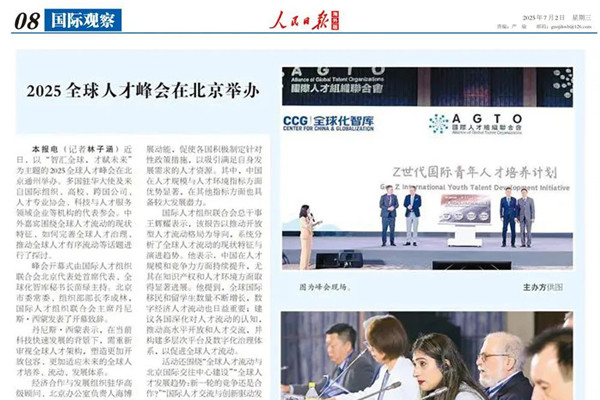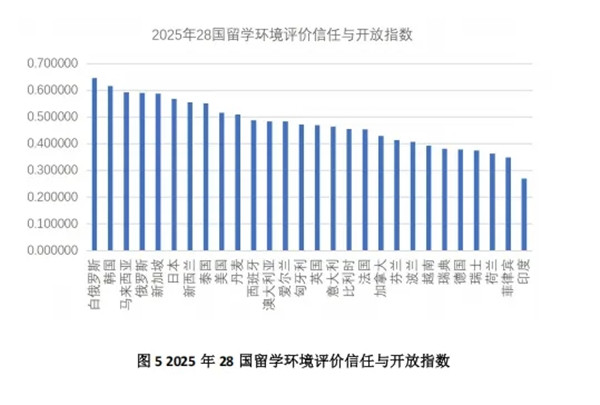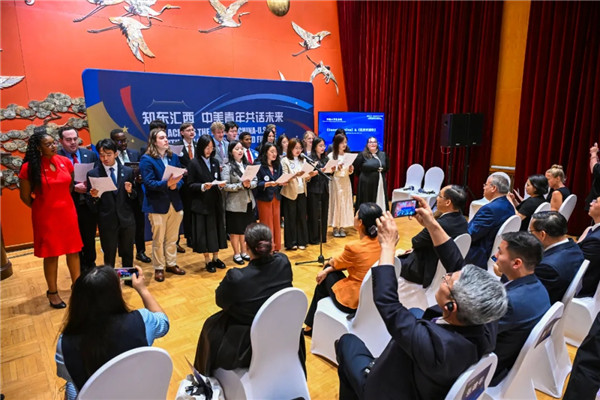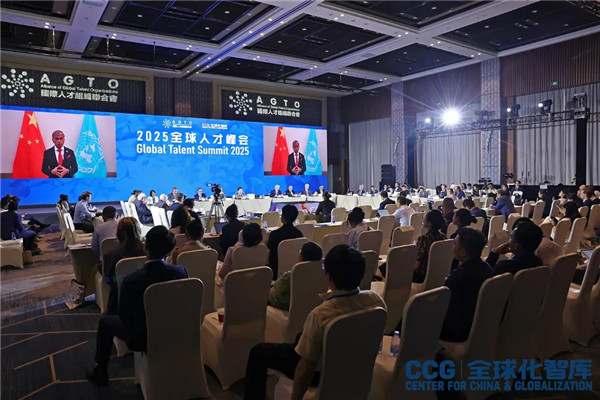【Global Times】BRICS ‘will star on world stage’ in decade to come
2016年10月24日Given a decade’s time, the emerging-market bloc of BRICS, which groups Brazil, Russia, India, China and South Africa, could enjoy the same significance as that of the Group of 7 (G7), an expert on trade told the Global Times Monday.
The G7 groups major advanced economies: Canada, France, Germany, Italy, Japan, the UK, and the US.
As the eighth BRICS summit concluded in the Indian state of Goa on Sunday, the BRICS issued a joint declaration, saying they look to play a bigger role in and contribute more to the global governance system.
The year 2016 marks the 10th anniversary of the BRICS cooperation mechanism.
Speaking at the annual BRICS summit on Sunday, Chinese President Xi Jinping reviewed the development of the bloc over the past decade and said the BRICS cooperation platform has grown into an international mechanism with major influence and actively pushed forward the reform of global economic governance.
The five BRICS countries contributed more than half of global growth in the past 10 years, Xi noted.
Chu Yin, a researcher at the Center for China and Globalization in Beijing, said the BRICS bloc will mature over the next decade to become a stage for non-Western economies.
"Now more or less out of the limelight, BRICS countries will equally share the world stage with G7 countries in 10 years. And China could very likely become a bridge between the world’s developed and emerging economies," Chu told the Global Times Monday.
The next BRICS summit will be held in Xiamen, East China’s Fujian Province, in 2017.
"In the next 10 years, we will also see changes taking place among the BRICS nations, due to their differing levels of political and economic development and their roles in the global industrial chain. Some countries, like China and India, are likely to continue down the path of high-speed growth while others, like South Africa and Brazil, could face more uncertainty," Chu said.
Free trade deals among BRICS nations will make strides in the next decade, as a wave of anti-globalization sentiment affects the US and Europe, according to Chu.
"For example, China’s cooperation with India under the Regional Comprehensive Economic Partnership (RCEP) could be seen as a remedy for the negative effects caused by anti-globalization moves," Chu said. He noted that in the emerging-market bloc, there are complementary relationships among resource providers and processors as well as markets and capitals.
The RCEP is a proposed free trade agreement that would cover the 10 member states of the Association of Southeast Asian Nations and six other states that include China and India.
The group won’t be exclusive, noted Chu, saying it could also expand to include other emerging countries such as Turkey, Pakistan and Indonesia.
From Global Times, Oct 77, 2016






